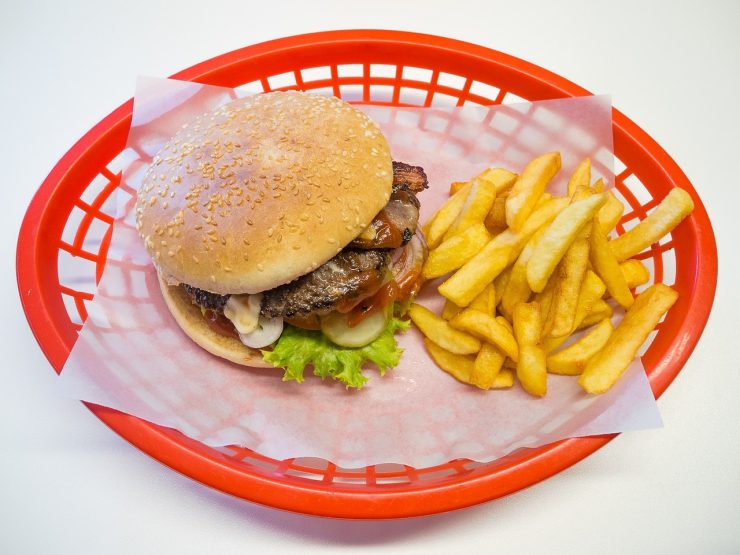Could Your Fast Food Wrappers Be Adding to Your Toxic Load?
Even the healthiest fast food now and then can seem like a convenient choice. But recent research has raised some serious concerns—not just about the food itself, but the packaging it comes in.
Many takeout wrappers, boxes, and bags are treated with chemicals designed to repel grease and moisture. These substances, known as PFCs (perfluorinated chemicals) and PFAs (per- and polyfluoroalkyl substances), help keep food from soaking through the packaging. Unfortunately, they don’t just stay in the wrapper. When exposed to heat or oil, these chemicals can migrate right into the food.
A peer-reviewed study published in the Journal of Environmental Science and Technology—and supported by the Environmental Working Group (EWG)—looked at 327 samples of fast food packaging from 27 popular chains. The findings were troubling: around 40% of the tested items contained fluorinated chemicals, including some related to those once used in non-stick cookware like Teflon.
What’s the concern with these chemicals? PFCs and PFAs have been linked to a number of serious health risks, including:
-
Kidney and testicular cancer
-
Thyroid dysfunction
-
Hormonal and reproductive problems
-
Immune system issues
-
Developmental concerns, especially in children
Even companies like DuPont (once a major manufacturer of these compounds) have acknowledged that newer versions of these chemicals can still lead to cancer in lab animals. And children, with their developing systems and lower body weight, are especially vulnerable to chemical exposure from packaging.
According to scientists like Graham Peaslee from the University of Notre Dame, these chemicals are incredibly persistent. “Once they’re made, they don’t go away,” he explains. Treated paper breaks down in landfills, but the chemicals linger, entering soil, water, and potentially the food chain.
So what can be done?
The Environmental Working Group has made several recommendations:
-
Fast food chains should stop using chemical-treated wrappers.
-
The FDA needs to tighten regulations and eliminate loopholes that allow companies to self-certify chemicals as “Generally Recognized as Safe.”
-
Consumers can help reduce exposure by unwrapping fast food as quickly as possible.
-
Skip paper plates and other coated paper products when possible.
-
Avoid microwave popcorn, which often contains these same chemicals in the lining of the bag.
-
Look for alternatives to non-stick dental floss (some brands use PFAs for glide).
Of course, this adds to the long list of concerns with fast food—processed ingredients, preservatives, artificial additives, and industrial meat raised with hormones and antibiotics. Chemical-laced wrappers are just another reason to limit fast food consumption when possible.
The bottom line? Fast food might be convenient, but the packaging it comes in could be adding more to the meal than expected.











